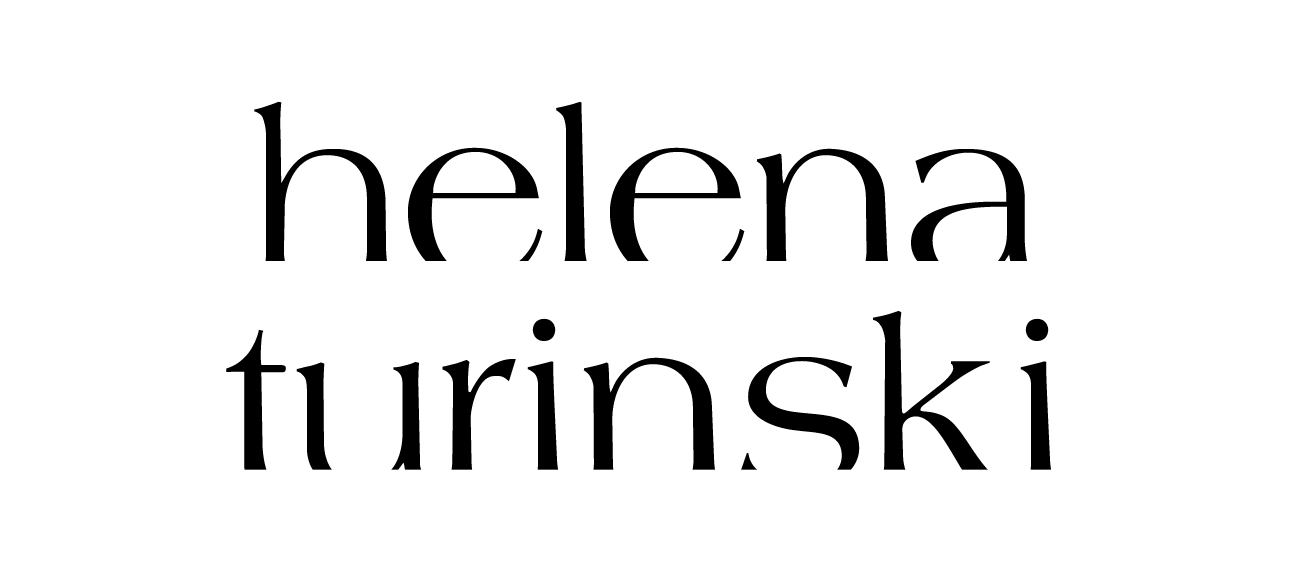Gone Up in Smoke
 The Girl With Her Head in the Clouds, oil pastel on paper, 2012 This past fortnight I’ve returned to an old, neglected love: oil pastel drawing. I used to use oil paint too, once upon a time, but what I really love about pastels is that one uses one’s fingers – literally. It’s a much more tactile experience. I like to layer pastel on as thick as possible until the pastels are literally melting between my fingers, and I can smear the colours around, blending them even more (bringing new meaning to the term ‘finger-painting’).
The Girl With Her Head in the Clouds, oil pastel on paper, 2012 This past fortnight I’ve returned to an old, neglected love: oil pastel drawing. I used to use oil paint too, once upon a time, but what I really love about pastels is that one uses one’s fingers – literally. It’s a much more tactile experience. I like to layer pastel on as thick as possible until the pastels are literally melting between my fingers, and I can smear the colours around, blending them even more (bringing new meaning to the term ‘finger-painting’).
I do like soft pastels too – only marginally less – but they are impossible to use in the home as the dust gets everywhere.
This week, a certain word once heard long ago, that described this blending method kept whispering in my head: sfumato.
a certain word once heard long ago … kept whispering in my head: sfumato
 Detail of Leonardo da Vinci’s Mona LisaI finally took time to look it up and there it was: sfumato is one of the four canonical modes of the Renaissance. Leonardo da Vinci was the most prominent practitioner, and his Mona Lisa shows the technique, as does Bernadino Luini’s picture St. Catherine. The Italian word literally means ‘gone up in smoke’ and describes a method of painting in which there are no strong outlines – colours blend together softly from light to shadow.
Detail of Leonardo da Vinci’s Mona LisaI finally took time to look it up and there it was: sfumato is one of the four canonical modes of the Renaissance. Leonardo da Vinci was the most prominent practitioner, and his Mona Lisa shows the technique, as does Bernadino Luini’s picture St. Catherine. The Italian word literally means ‘gone up in smoke’ and describes a method of painting in which there are no strong outlines – colours blend together softly from light to shadow.
 Detail of Bernadino Luini’s St. Catherine
Detail of Bernadino Luini’s St. Catherine  Something’s Coming, oil pastel on paper, 2012 With oil pastel, I usually use a light, neutral stick to blend the colours below – white or warm or cool greys – or whatever is the lightest tone in the area I am working. While I practice this technique through the many layers of oil pastel, I nearly always finish with a final smudging layer.
Something’s Coming, oil pastel on paper, 2012 With oil pastel, I usually use a light, neutral stick to blend the colours below – white or warm or cool greys – or whatever is the lightest tone in the area I am working. While I practice this technique through the many layers of oil pastel, I nearly always finish with a final smudging layer.
I often find myself unfocussing my eyes as I work to further blur the colours together, to the point where I literally have to walk away to rest my eyes – which undoubtedly is very bad for my eyesight! Leonardo da Vinci himself described sfumato as ‘without lines or borders, in the manner of smoke or beyond the focus plane’. Such a beautiful notion.
 The Other Side, oil pastel on paper, 2012
The Other Side, oil pastel on paper, 2012

